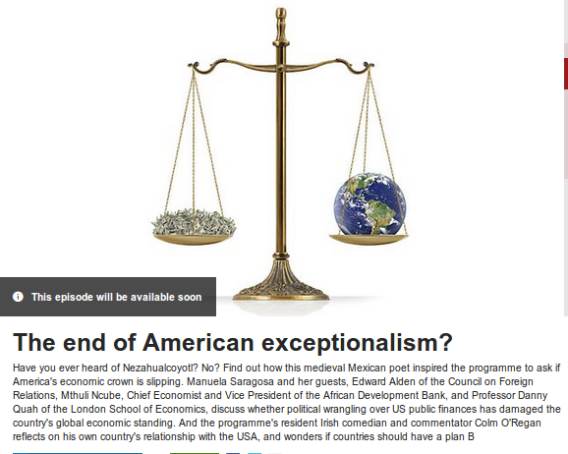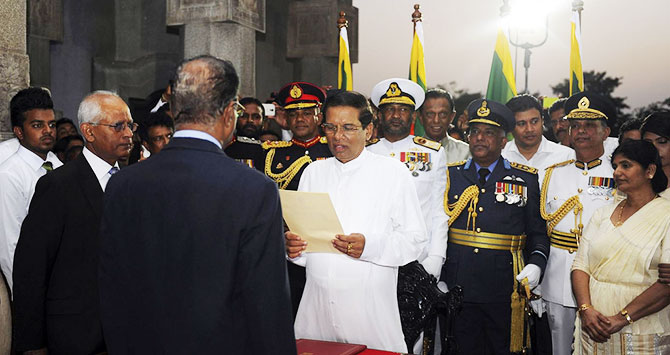 Professor Danny Quah
Professor Danny Quah
Professor of Economics and International Development, LSE
The phrase “American unipolarity” shows up in many places, but I learnt it most vividly from John Ikenberry’s beautifully-written 2005 article on “Power and liberal order”. There, Ikenberry wrote:
“American global power — military, economic, technological, cultural, political — is one of the great realities of our age. Never before has one country been so powerful or unrivaled. The United States emerged from the Cold War as the world´s only superpower and grew faster than Europe and Japan in the decade that followed. American bases and naval forces encircle the globe. Russia and China remain only regional powers and have ceased to offer ideological challenges to the West. For the first time in the modern age, the world´s most powerful state can operate on the global stage without the fear of counterbalancing competitors. The world has entered the age of American unipolarity.”
“The United States is not just a powerful state operating in a world of anarchy. It is a producer of world order.”
The morning of 12 October 2013, however, the BBC ran this:
Seriously? Now? Didn’t the world just enter the age of American unipolarity? Did the BBC not get the memo?
The answer to the question, by the way, is “Yes, political wrangling over US public finances has damaged the country’s global economic standing.”
To be clear, what matters is not whether the US will remain, in fact, the world’s largest economy. Arguing about whether China’s growth trend will remain high is almost surely irrelevant here. Despite intense media attention, the exact date when China overtakes the US — and so the US will no longer be no. 1 — will be a massive anti-climax. What will unfold there is not going to be anything like an Olympics race, where the by-a-nose winner gets not just bragging rights but multi-million dollar commercial endorsements. Instead, what will happen is that one day very soon the Chinese economy’s total size will be exactly 50 cents smaller than that of the US; the next milli-second it’ll be $15,897.23 larger. And absolutely nothing will have changed from just before to right after.
Similarly, it will not matter whether right this moment long-term US interest rates are low, nor whether US currency remains strong. It will not matter which national budget item gets put on what line. And, it will not matter why this US government disagreement has emerged now.
Instead what matters will be very basic: “Your leader can’t put in order his own country. How will you lead the world?”
Particularly damaging is the image that the US is now giving the world on how government works. So many things that so many people hold dear are so beautifully present in the US:
- A government cannot ride roughshod over its people’s will; it needs to be responsive to what people want.
- A vibrant opposition in democracy is healthy. You can disagree with your government and still be fiercely loyal to the nation.
- Lively debate, free speech, and a strong civil society are unalloyed goods.
Now, to the rest of the world, all these seem to have conspired to bring government to a standstill. How will the world now be convinced that these magnificent tenets are immune to subversion by extremism and demagoguery if even the most advanced, developed, and admired of societies has failed so spectacularly with them?
This article has been re-posted from Professor Quah’s personal blog. You can view the original here.







